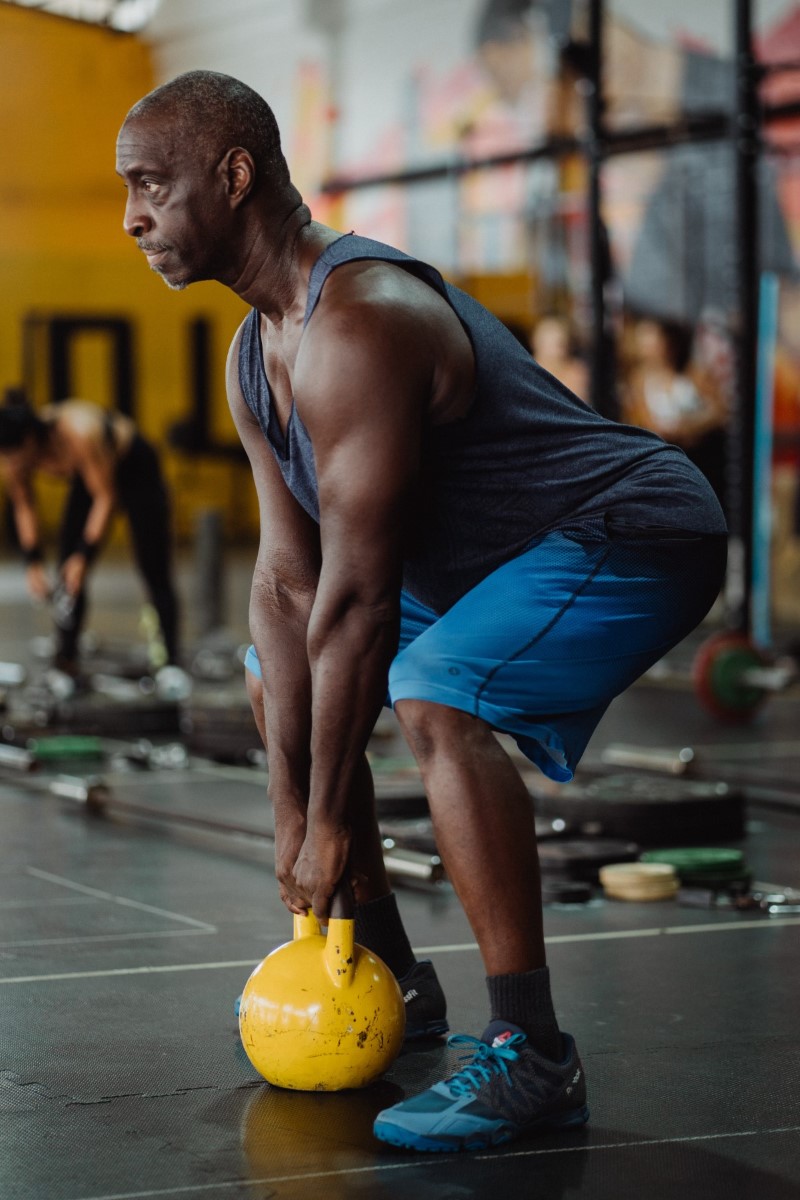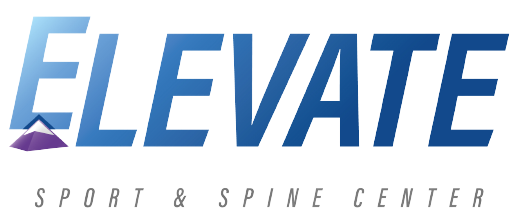
by Dr. John Kuruc
One of the most common complaints from my patients is back pain after performing a squat or deadlifting workout. Let me state that you should not have back pain after performing these exercises. Your back can feel “stiff or tight” but pain should not occur. So, what can cause back pain during a squat or deadlift? First let’s talk about toddlers, yes you read that correctly.
When we’re born and learning how to navigate this strange world, we stumble and fall a lot. Through this process our body fine tunes our proprioceptors. Proprioceptors essentially give the brain detailed and continuous information about the position of the limbs and other body parts in space. These play a big part in creating stabilization and helps our bodies walk upright. Once we learn how to do that, we instinctively squat to pick up objects. If you don’t believe me just watch a toddler pick up objects. They have phenomenal squat forms yet no one taught them to how to perform that motion. So what gives? We have the innate ability to squat but as soon as we start school and sit for several hours a day, we lose that ability. Throw in several decades of schooling and other lifestyle activities you can see how our body loses flexibility.
One of the most common areas limiting proper squat and deadlifting forms in ankle mobility, primarily ankle dorsiflexion. When we perform a squat or get in the start position of a deadlift, we need proper ankle dorsiflexion to allow our knees and hips to get into proper position. The starting position of the deadlift and the bottom of the squat share similar body mechanics. Ankle dorsiflexion, knee flexion, and hip flexion. If we don’t have enough ankle dorsiflexion, we will lose knee and hip flexion which will cause our back to get involved in the movement which is not the goal of a deadlift or a squat.
Another reason is our glutes are not working as much as they should be. We need hip extension to preform a deadlift and a squat, and this is one of the primarily muscles that these movements target. One of my simple tests is to have my patient preform a glute bridge. If they tell me they feel this movement in the back or hamstrings, we have a problem and therefore squatting or deadlifting will be problematic. The reason being if a person can not isolate their glutes using body weight, I know they will have difficulty squatting or deadlifting. Would you be surprised that a lot of people have both ankle dorsiflexion and hip extension limitations?
The good news is when a patient comes in with lower back pain from squatting or deadlifting, they go through my selective functional movement assessment. Through this screen we are able to see how their body is moving, or not moving, and help create a customizable treatment plan that gets them out of pain but moving properly again. So, if you have pain while squatting or deadlifting, don’t wait for the pain to go away. Come in and get assessed. All you’ll lose is pain and gain mobility and maybe that personal record you’re chasing.
#noco #foco #fortcollins #fortcollinschiro #chiropractor #sportschiro #rehabchiro #functionalmovement #certifiedchiropracticsportsphysician #elevateyourhealth #elevatesportandspinecenter #squat #deadlift
